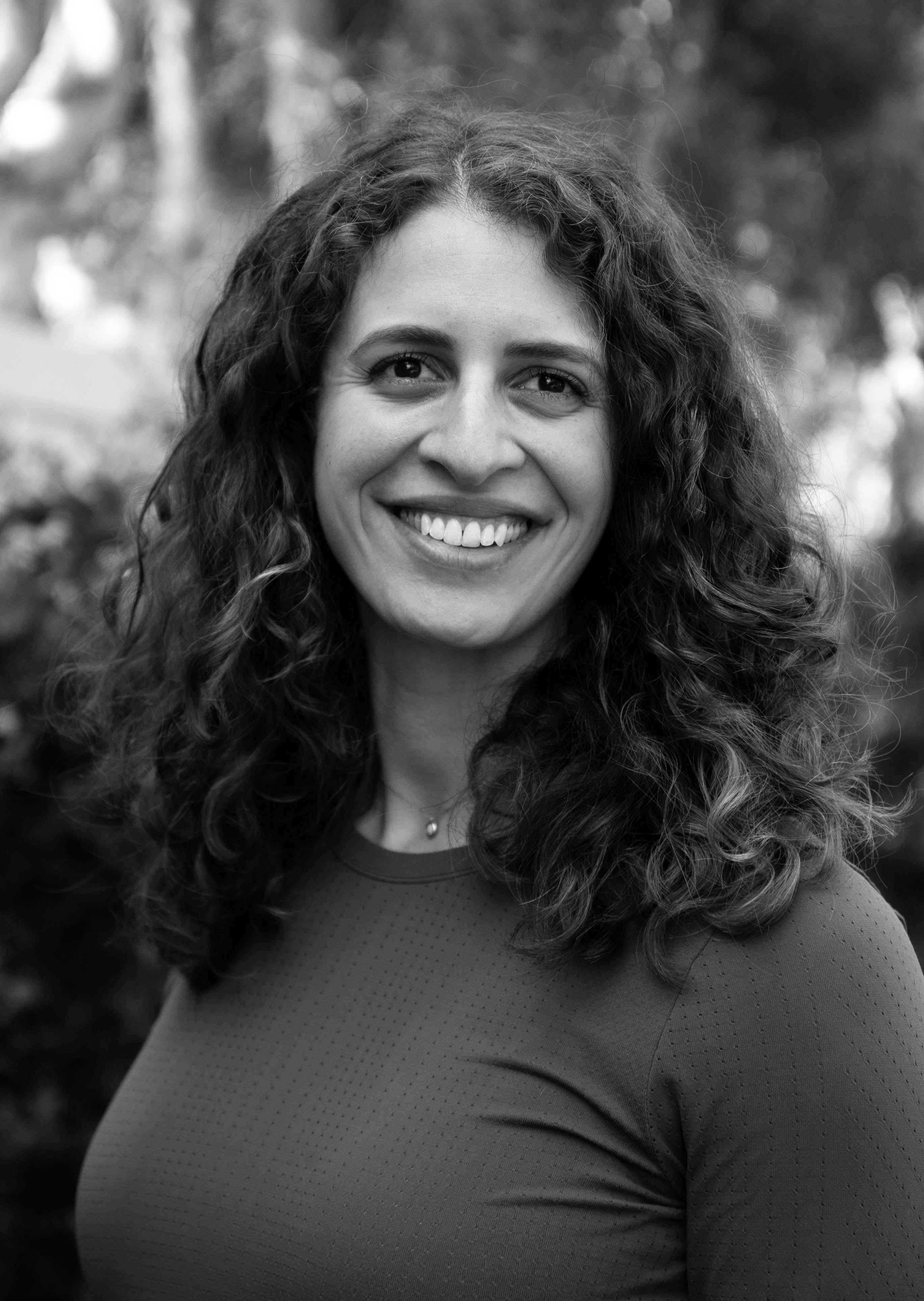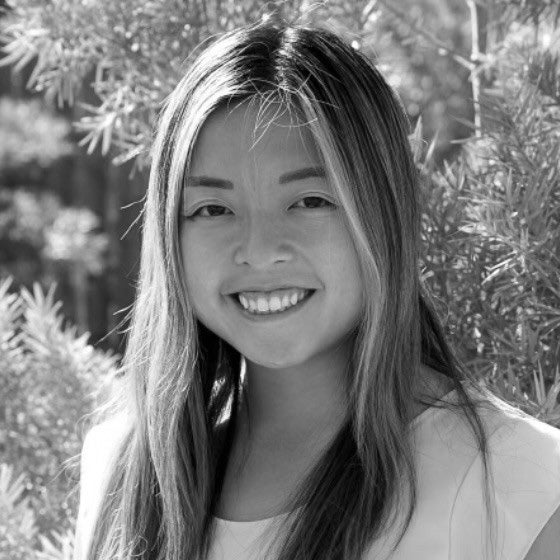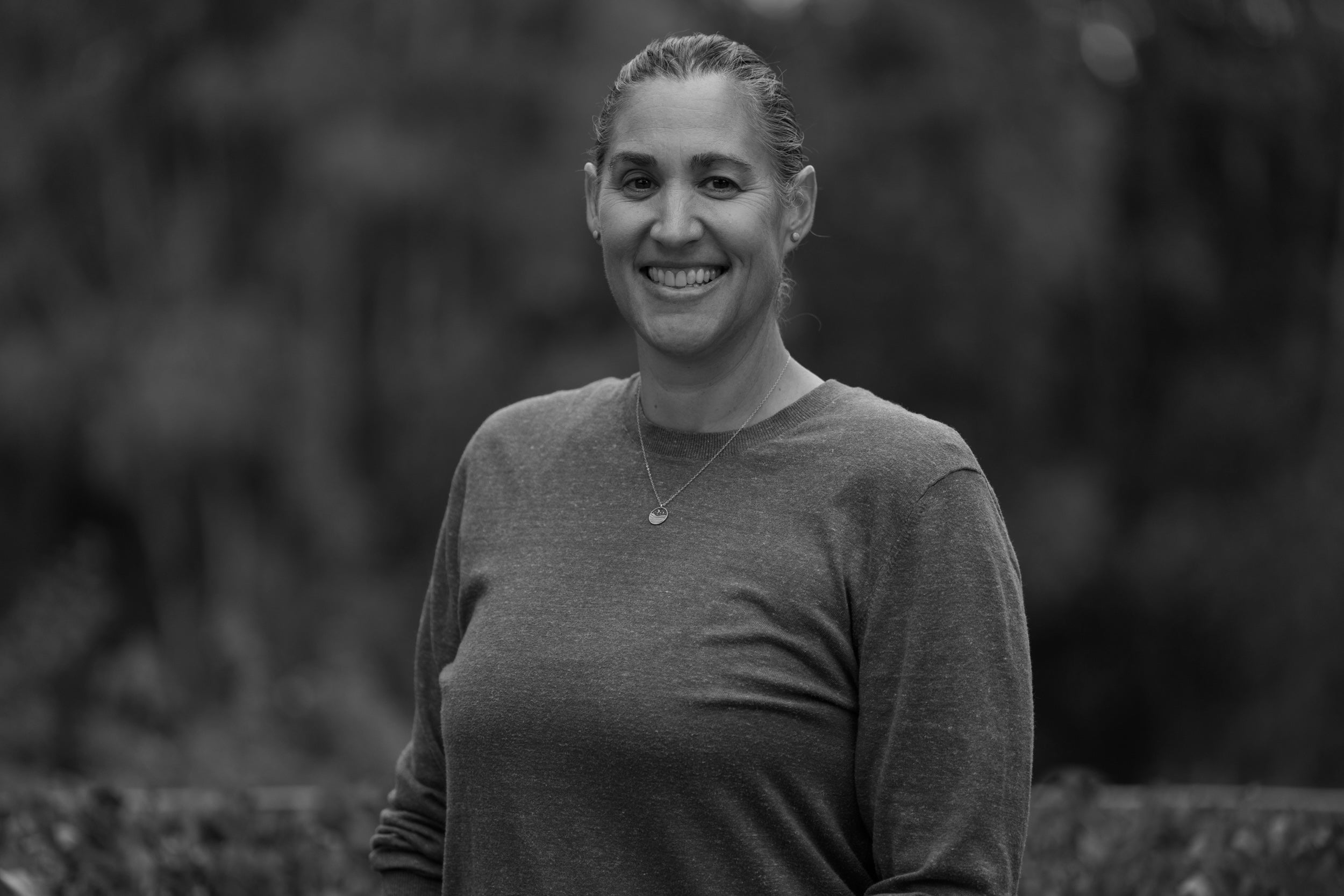Are you passionate about making a positive difference in the lives of people and communities? If so, pursuing a master of occupational therapy (MOT) degree will equip you with the skills and knowledge required to help individuals improve activities of daily living and their overall function and well-being.
The dynamic and comprehensive master of occupational therapy program (MOT) prepares students for successful careers as occupational therapists such as in healthcare, mental health, rehabilitation, or community-based settings. Students are trained to become culturally conscious practitioners through an occupation-centered model that equips them to better serve their clients and communities. The occupational therapy curriculum combines hands-on academic instruction with the flexibility of an online format. Graduates leave with the knowledge and skills to be competent, innovative health professionals who meet the occupational needs of diverse individuals and support a variety of physical conditions through service and transformative healthcare.
Integrated learning experience
The master's degree OT program delivers rigorous academic coursework online plus weekly, on-campus classes and labs in San Diego to provide flexibility and hands-on practice. Participating in fieldwork placements every trimester is a crucial component of the MOT program, allowing students to apply their theoretical knowledge in real-world settings.
Client-centered model
Students prioritize and adapt to individuals’ unique needs and goals, encouraging their active involvement in the therapy process. By emphasizing collaboration, this approach means moving away from treating patients toward client-centered therapy that values the person and their personal development and considerations.
Creative treatment options
The arrival of the School of Nursing and Health Sciences called for expanding and renovating our Scripps Ranch campus, which the university has called home since 1973. The goal is to create a modern, client-centered setting that caters to all ages and blends science with creativity. This meant designing a modern facility with unique features such as a pediatric lab with a rock-climbing wall and ball pit.
Competitive Tuition
The MOT on-campus and online program offers competitive tuition without sacrificing a quality, comprehensive education to help you achieve your professional goals. It covers foundational courses, advanced coursework, and supervised clinical hours for state licensure requirements.
University Tuition Details
Please click here to access the tuition and fees for this program.
Note: Tuition and fees are subject to change at any time. Alliant will notify all students of any tuition/fee changes for the upcoming year or term.
Learn about admissions requirements
ADMISSIONS
Admission Criteria Overview
- Cannot take international students at this time.
- Complete a baccalaureate degree from an accredited college or university that is recognized by a regional accreditation agency.
- Applicants must have a minimum overall GPA of 3.0 and a minimum overall GPA of 3.0 for all required prerequisite courses.
- Prerequisite courses may be repeated only once; the second-course grade will be used to calculate the average GPA.
- Prerequisite courses must be completed within seven (7) years of the submitted application.
- Prerequisite courses may be taken at any regionally accredited community college, public or private college or university.
- All applicants must meet the program’s health requirements.
All applicants must show proof of application or up-to-date clearances (drug screening, background screening, criminal check, and child abuse clearance), immunizations, and health screenings 30 days before the program starts.
The seven (7) prerequisite courses below are required before beginning the MOT curriculum. Alliant University is pleased to offer these general education courses for applicants who still need to complete one or more of the prerequisites. These 8-week courses are offered several times a year at a rate of $88/credit, plus applicable fees. Contact an admissions counselor for more information, including the course syllabi.
- Statistics (3 credits): ex. Elementary statistics, business statistics, social sciences statistics
- Social Science course (3 credits): ex: Sociology, cultural anthropology, public health
- Abnormal Psychology (3 credits)
- Human Growth and Development of the Lifespan (3 credits)
- Human Anatomy and Physiology I with Lab (4 credits)
- Human Anatomy and Physiology II with Lab (4 credits)
- Medical Terminology (1 credit)
Advanced Placement (AP) courses used for prerequisites may be accepted with a score of “4” or “5” if completed within seven (7) years of the submitted application.
The Master of Occupational Therapy program follows Alliant International University’s Transfer Credit Policy found in the Student Handbook. For more information see: https://catalog.alliant.edu/content.php?catoid=44&navoid=1644#transfer-credit
Experimental learning credits will not be accepted as a prerequisite toward fulfilling the prerequisite requirements.
GRE scores are not required.
Observation Hours
- All applicants must participate in 20 hours of observation shadowing an occupational therapist. This requirement may be completed in one of two ways:
- Observation hours may be completed at multiple locations where the applicant may observe an occupational therapist. This requirement is for applicants to demonstrate that they understand the role of occupational therapy in healthcare. Applicants may upload proof of observation hours to the OTCAS, through they may also submit them to an admissions counselor. For more information regarding sites allowing students to observe occupational therapy, contact the Program Director, adele.breenfranklin@alliant.edu.
- Applicants may view the video from ClinEdWeb (https://www.clinedweb.com/) Intro to OT: 20 observation hours ($55.00). Applicants may upload a completion certificate to the OTCAS or share it with an admissions counselor.
Letters of Recommendation
Applicants must submit two (2) letters of recommendation.
- Letters of recommendation may be from a volunteer organization or professional supervisor, manager, or occupational therapist, or an academic reference.
- A reference from an occupational therapist is preferred but not required.
- An academic letter of recommendation is preferred but not required.
- Letters from family and/or friends are not accepted.
Personal Essay
Applicants are required to submit a personal essay to the OTCAS or through the Alliant application platform. Essays should be no more than 500 words and answer the following questions:
- Explain why you selected occupational therapy as your career and how occupational therapy relates to your short-term and long-term professional goals.
- How has your academic and personal journey influenced your professional goals, and how it may influence your skills as a practitioner?
Resume
Applicants must submit their resume through the OTCAS or through the Alliant application platform.
Interview
An interview may be requested to allow the admissions committee to gather more information about the applicant.




